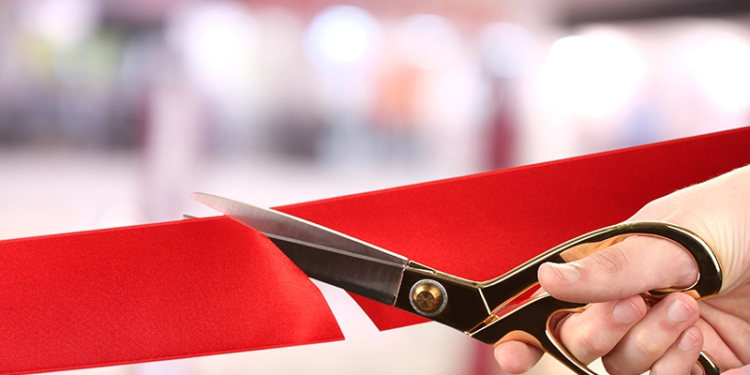Connor Stephens is a 13-year-old middle school student from Highlands Ranch, Colorado, with a long-standing interest in prosthetics. As part of his seventh grade Capstone project, Connor interviewed Zach Harvey, CPO, to learn more about the O&P profession. This Online Exclusive shares that interview.
***
Zach Harvey is a certified orthotist and prosthetist who has helped many amputees improve their quality of life. He is currently the co-regional Manager at Creative Technology Orthotic & Prosthetic Solutions in Denver. His years of experience in O&P include seven years at the Walter Reed Army Medical Center in Washington DC, where he worked with hundreds of wounded service members.
I recently had the opportunity to speak with Mr. Harvey about what inspired him to get into this line of work and how he’s helped countless veterans and others affected by limb loss and injury to restore their lives.
Q: What is the most challenging part of being an Orthotist and Prosthetist?
A: Trying to find what works and what doesn’t work and knowing that a prosthetic limb will never be as good as a real arm or leg.
Q: What has been your greatest accomplishment in your line of work so far?
A: My greatest accomplishment has been giving a former Marine the ability to walk again and ultimately ride a bike across the country after losing both his legs in an IED explosion in Afghanistan.
Q: What inspired you to get into this line of work?
A: I wanted to help people. I originally majored in biotechnology. I later chose to switch to physical therapy, and then went to prosthetics.
Q: What were some of your most memorable experiences at Walter Reed Army Medical Center?
A: I was there from 2006 to 2012. In my last few years we began to see worse and worse injuries, such as people with three to four limbs blown off and traumatic brain injuries. People were surviving these injuries due to advancements in battlefield medicine. There would be internal injuries in these men and women, and each day it would get more and more challenging. As a team, those experiences helped us to get better at our jobs.
Q: What projects are you currently working on?
A: I am now working on hydraulic ankles, microprocessor knees, and osseointegration, which is attaching prostheses directly to the bone.
Q: What is the most challenging limb to replicate with a prosthesis?
A: A hand is challenging because it’s difficult to replicate touch, feel, and grip, versus a foot, for example, where there are not as many motions.
Q: What advice would you give to someone who wants to get into this line of work?
A: My advice would be that you need to work well with others, do well in school, and be patient and caring on the job. Don’t get frustrated when things don’t work out the first time.
Mr. Harvey is a very interesting man, and I’m glad I had the opportunity to interview him and bring attention to prosthetics and the important role they play in the lives of so many people. I also want to help build awareness and foster kindness towards the amputee community and the challenges they so often face. Mr. Harvey is proof of the important role that caring and compassion play in improving the quality of life for these individuals.




